Industries
Industries which needs of Cyber Security to protect their data.

Healthcare

Banking

Education

Government
About Cyber Security
Cyber safety is a critical concern in today's increasingly digital world. As we continue to rely on technology for various aspects of our lives, from online banking and social networking to remote work and education, the risks associated with cyber threats have also grown. The first step in ensuring cyber safety is to stay informed about potential threats and adopt best practices to protect ourselves and our digital assets. This includes using strong, unique passwords for each online account, enabling two-factor authentication wherever possible, and regularly updating software and antivirus programs to patch vulnerabilities that cybercriminals may exploit.
In addition to individual precautions, organizations also play a significant role in cyber safety. Companies and institutions must invest in robust cybersecurity measures to safeguard their data and protect their customers or users. This includes conducting regular security audits, providing cybersecurity training to employees, and implementing strong firewall and intrusion detection systems. Collaboration between individuals, businesses, and government agencies is crucial in combating cyber threats effectively. Sharing information about emerging threats and vulnerabilities can help the cybersecurity community stay one step ahead of cybercriminals and protect against potential attacks.
As technology continues to advance, the landscape of cyber threats is constantly evolving. Therefore, it's essential to remain vigilant and adaptable in the face of these challenges. Staying updated on the latest cybersecurity trends and continually educating ourselves about safe online practices is vital. By prioritizing cyber safety and adopting a proactive approach to cybersecurity, we can create a safer and more secure digital environment for ourselves and future generations.
Types Of Threats

Malware

Phishing

Man In The Middle
.png)
SQL Injection
.png)
DDOS Attack
.png)
Brute Force
.png)
Ransomware

Trogan

Plagiarism

Cyberbullying
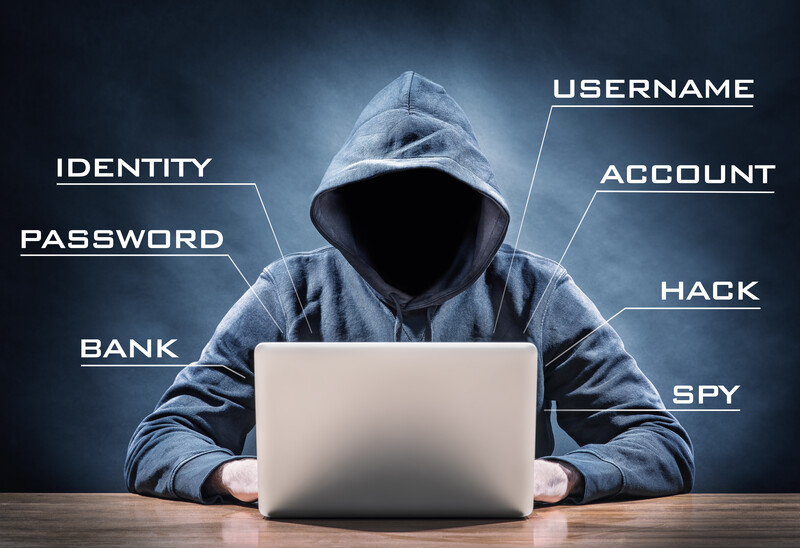
Hacking

Spamming
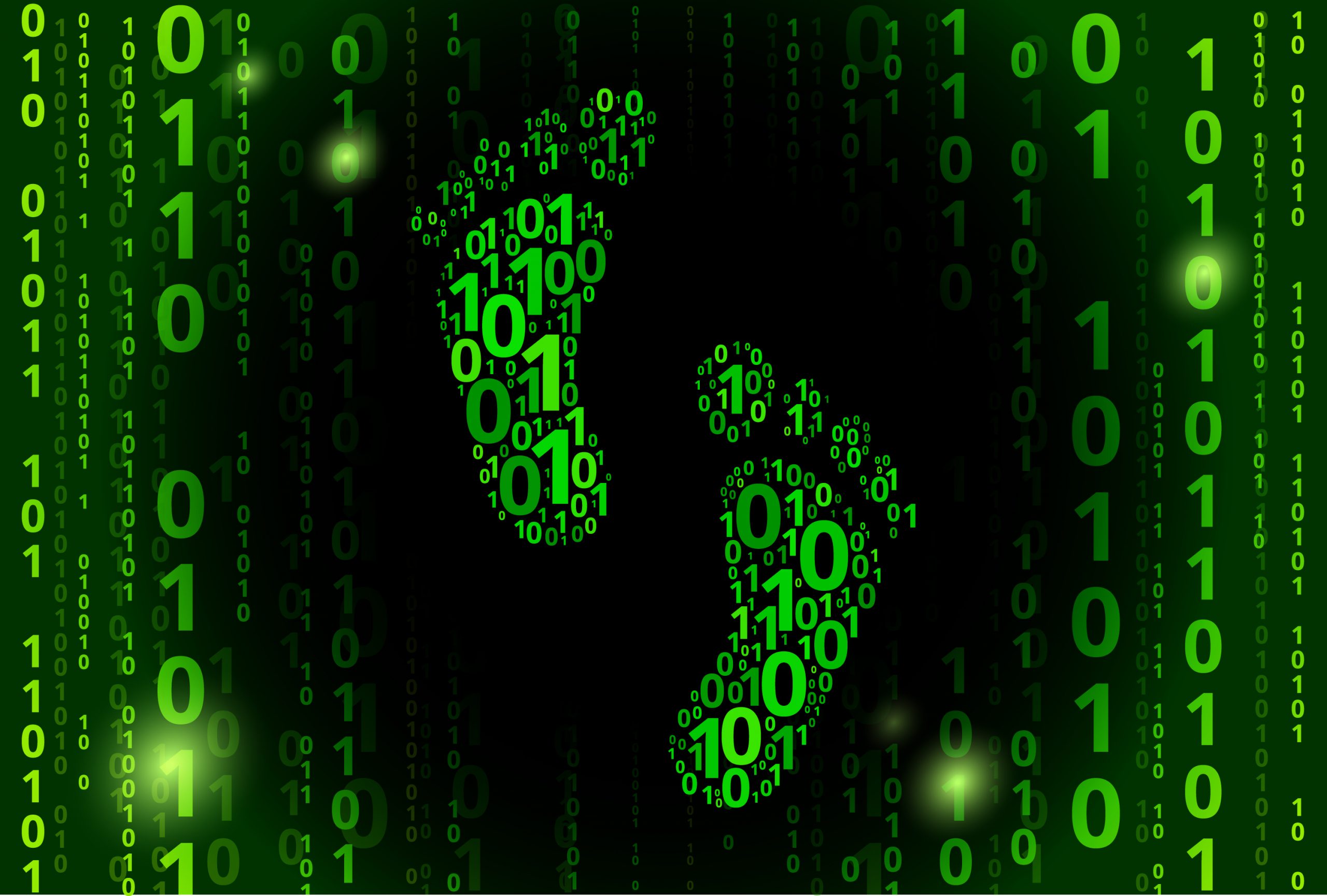
Digital Footprints
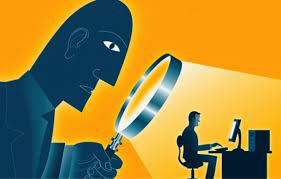
Software Privacy
Where is Cyber Safety Used
Cyber safety is a critical concern in today's interconnected digital landscape. It plays a pivotal role in safeguarding sensitive information, both at an individual and organizational level. In the realm of personal cybersecurity, individuals utilize cyber safety practices to protect their personal data, financial assets, and privacy online. This includes using strong, unique passwords, enabling two-factor authentication, and being cautious about sharing personal information on the internet. By adopting these measures, individuals can significantly reduce the risk of falling victim to cyberattacks such as identity theft, phishing scams, and malware infections.
Beyond personal use, cyber safety also holds immense significance in the business world. Organizations rely on cyber safety strategies to safeguard their intellectual property, customer data, and operational continuity. Cybersecurity measures such as firewalls, intrusion detection systems, and employee training programs are integral in protecting against cyber threats like data breaches and ransomware attacks. As the world becomes increasingly digitized, businesses must invest in robust cyber safety protocols to maintain the trust of their customers and partners while ensuring the security and integrity of their operations.
In addition to individual and corporate applications, cyber safety extends its reach to critical infrastructure and national security. Government agencies and entities responsible for managing vital services like energy grids, transportation systems, and healthcare facilities must prioritize cyber safety to defend against potential cyberattacks that could have devastating consequences. The interconnected nature of modern infrastructure and the potential for state-sponsored cyber warfare make cyber safety a paramount concern for national security and public safety. Hence, governments and cybersecurity experts continuously work to develop and implement sophisticated measures to protect against cyber threats and ensure the resilience of critical infrastructure.
Who are Cyber Experts
Cyber safety experts are individuals who possess a deep understanding of the digital landscape and the intricacies of safeguarding information and systems against cyber threats. They are often highly skilled and well-versed in various aspects of cybersecurity, including risk assessment, threat detection, and incident response. These experts may have backgrounds in computer science, information technology, or related fields, and they continually update their knowledge to stay ahead of evolving cyber threats. Their expertise extends beyond the technical realm, as they also educate and raise awareness among individuals and organizations about the importance of cyber hygiene and the potential consequences of neglecting online security.
One crucial aspect of being a cyber safety expert is the ability to adapt to the ever-changing cybersecurity landscape. They are constantly researching emerging threats, vulnerabilities, and hacking techniques, enabling them to develop and implement effective countermeasures. These experts often work in various roles, such as cybersecurity analysts, ethical hackers (penetration testers), security consultants, or even as educators in academic institutions or cybersecurity training programs. Their work is not limited to any one industry or sector, as cyber threats can target individuals, businesses, government entities, and non-profit organizations alike.
In addition to their technical prowess, cyber safety experts often possess strong communication and problem-solving skills. They must effectively convey complex cybersecurity concepts to non-technical stakeholders, helping them understand the importance of investing in security measures. Furthermore, they play a crucial role in incident response when a cyberattack occurs, working diligently to identify the source of the breach, mitigate its impact, and develop strategies to prevent future attacks. In a digital age where the stakes are high, cyber safety experts are the front line of defense against an array of threats, from data breaches and ransomware attacks to identity theft and cyber espionage, ensuring that individuals and organizations can navigate the digital world with confidence and security.
Some Jobes Of Cyber Experts:
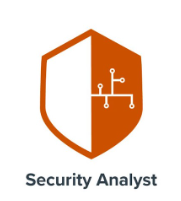
Security Analyst
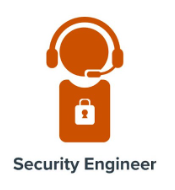
Security Engineer

Security Architect
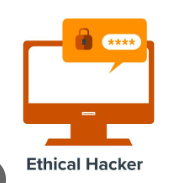
Ethical Hacker
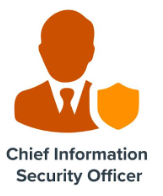
Chief Information
Security Officer
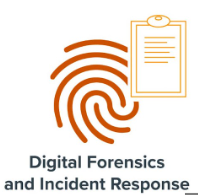
Digital Forensics
FAQs
1)What is the importance of strong and unique passwords in cyber safety?
Strong and unique passwords are vital in cyber safety because they serve as the first line of defense against unauthorized access to your accounts and sensitive information. Cybercriminals often use techniques like brute force attacks and password guessing to gain access to accounts with weak passwords. By using strong and unique passwords for each online account, you significantly reduce the risk of being a victim of hacking or identity theft. Password managers can help you generate and store complex passwords securely, making it easier to maintain a high level of security across your digital accounts.
2)What is phishing, and how can I protect myself from it?
Phishing is a type of cyberattack where attackers impersonate legitimate entities (like banks, government agencies, or trusted companies) to trick individuals into revealing personal information, such as usernames, passwords, or credit card details. To protect yourself from phishing, be cautious when clicking on links or opening email attachments from unknown sources. Always verify the sender's email address and avoid sharing sensitive information via email. Regularly update your email filters and use antivirus software to detect and block phishing attempts. Additionally, consider enabling two-factor authentication (2FA) whenever possible to add an extra layer of security to your accounts.
3)What should I do if my personal information is compromised in a data breach?
If your personal information is compromised in a data breach, take immediate action to minimize potential harm. Start by changing the passwords for the affected accounts and enabling 2FA. Monitor your financial statements for any suspicious activity and consider placing a fraud alert on your credit reports. Be cautious of unsolicited communications, as cybercriminals may attempt to exploit the breach further. It's also a good practice to inform the relevant authorities and report the breach to the affected service provider, as they may take steps to mitigate the breach's impact and enhance their security measures. Finally, stay vigilant by regularly checking your accounts for unusual activity and keeping an eye on your credit reports for any signs of identity theft.
Contributions
Coder: Ishaan Gupta
Coder: Soham Sarkar
Proud Students Of:
Delhi Public School Banglore North



